Economic and sectarian roots of Iraq’s civil strife must be remembered amid new democratic projects.
Iraq held nationwide elections on April 30, while Prime Minister Nouri al-Maliki only won a plurality of seats in the Iraqi parliament. The elections were hailed as a nation-building step, although Maliki once again needs to build a coalition government. However, these developments are all engines of a democratic process that has clearly failed.
At the time of writing, Salafi jihadists, tribal militias and government forces are engaged in fighting across northern and western Iraq. Major cities like Mosul are now out of government hands altogether, with the Islamic State in Iraq and the Levant (ISIS) having seized large swaths of territory. Fallujah in Anbar province continues to be outside of government hands, as the coalition of militants and tribal forces that have seized the city barricade themselves against a military backlash. It seems increasingly unlikely that government forces will be able to retake these areas without major changes in Baghdad and how it governs the country.
How can we possibly call the recent Iraqi elections “democratic,” given this wider situation of mass unrest? It is certainly the case that today’s electorate is exhausted. Nearly a decade of a botched US-led military administration ended up giving way to governance marred by corruption, prolonged recession, infrastructural failure and federal inaction on many issues, not to mention an ongoing civil war that is particularly felt in Anbar.
It is an indication of how deplorable the situation has become that we are tempted to be starry-eyed for the restrained hopefulness of the 2005 election, which occurred during a total meltdown of civil authority — anywhere from 57% to 72% of eligible voters participated, nonetheless. Contrast that to 2009, when the Independent High Electoral Commission (IHEC) reported that voter turnout had collapsed in almost every electoral district, regardless of sect or tribal affiliation.
Even the faintest hopes for Iraqi democracy have faded, and the resulting fractures have birthed two possibilities: either a restored dictatorship or an overhaul of what democracy means and how it is practiced.
Neither Sunni, Nor Shi’a
The default stance of many analysts is to blame Iraq’s problems on its ethnic makeup. Since the worst days of the occupation, divisions in Iraqi society have been pinned rather cynically on how British imperial administrators carved out a territory of Sunnis, Shi’as and Kurds, along with other significant minorities, who “just can’t get their act together and get along.”
At the time of writing, Salafi jihadists, tribal militias and government forces are engaged in fighting across northern and western Iraq. Major cities like Mosul are now out of government hands altogether, with the Islamic State in Iraq and the Levant (ISIS) having seized large swaths of territory.
The evidence for this is usually selective. For instance, it is difficult to say that various groups are unable to coexist peacefully when one calls upon 1920 Iraqi uprising, a moment that saw Sunnis and Shi’as united against the British. The critical question is not why Sunnis and Shi’as are unable to coexist. Rather it is why regional sectarianism, which has varied significantly since the birth of Islam, seems so intense at this particular juncture.
The answer has little to do with the alleged inherent viciousness of the Sunni-Shi’a divide. This is not to say that there is not a clash between the two identities. No intelligent reading of Islamic history can end without an admission that the schism between the two sects has resulted in a great deal of bloodshed. Instead, this author’s argument is that clashes between Sunnis and Shi’as have far more to do with wider geopolitics, as well as deplorable socioeconomic conditions that can be overcome. People have their own agency, but they also exist in communities and are always affected by external factors.
Iraq has simply been the most visible case of a wider problem of how people identify with certain groups. There are two primary reasons that sectarian violence is currently plaguing Iraq, and the wider Muslim world.
1) US-backed Saudi Arabian campaigns of Sunni incitement, which have used oil money to disseminate narrow-minded interpretations of Islam, alongside a violently radical stance against Shi’a Muslims. They have found their parallel in the Khomeini-inspired radicalism of revolutionary Iran since 1979.
2) The tribalizing effects of a renewed approach toward market-driven conservatism that began worldwide in the 1970s, with figures like Ronald Reagan and Margaret Thatcher at the helm. These trends affected Iraq with particular severity due to the divide-and-rule policies of Saddam Hussein, and the intensity of sanctions that bridged the two Gulf wars.
Why do people subscribe to a violent sense of community at all? Many Iraqis have been doing it because the deprivation of material and democratic security has made them vulnerable to powers of suggestion, and ideologies of domination. The combination of both forms of insecurity is crucial, for it also explains why wealthier Muslims can be alienated and driven to extremes.
The main engine of that deprived security has always been the global economic system. Market-driven societies are inherently chaotic, and require a large number of their citizens to live in states of financial insecurity. This causes a great deal of uncertainty and hopelessness that can be expressed rather violently, if directed toward a scapegoat.
Here, that type of psychology found a partner in Hussein’s despotism. Violent forms of identity can become a sort of property for people who do not feel secure. It gives them power and the ability to vent their aggression against a monolithic “other,” which appropriates whatever characteristics are necessary to iron out the uncertainties of modern life.
The point is that it ends with the structural causes of that uncertainty — including exploitative local leaders and the overbearing strength of the global economic system — being essentially untouched. Scapegoats are useful because they keep populations distracted with violence against each other. This is exactly why they are circulated by structurally-minded cynics who wish to protect the state, be it of Saudi Arabia, Iraq, Pakistan or any other country.
The New Westphalia
This reality of intense disenfranchisement, and multiple forms of scarcity, constitutes the single greatest impediment to Iraqi democracy. The question, therefore, is how to unravel these blockage points and push toward an alternative democratic future.
This cannot be done through liberal republican structures as we currently understand them. After all, those structures masterminded Iraq’s current problems in the first place, while the 17th and 18th century liberal traditions that birthed them have never been able to definitively address issues such as racism and imperialism.
Iraq could still very well regress into another period of dictatorship, which builds itself on the bones of a constant anxiety of sectarian explosion. Alternatively, the country could see its alienated cosmopolitan residents, who would prefer to see Iraqis work together, address common problems and pursue a completely different path of governance.
It is currently fashionable to portray the Sunni-Shi’a divide as being a “Muslim Thirty Years’ War.” This viewpoint is misleading because it completely ignores the European and American sources of the problems that were discussed earlier. The rhetoric about this is a perfect example of a post-colonial refusal to take responsibility, and instead rely on Orientalist tropes to explain the region’s dysfunctions.
At the same time, there is something hopeful to it. After all, the Thirty Years’ War was marked by confrontations between a major schism in European Christianity that could not reconcile itself with institutional structures as they were previously created.
The result was the signing of the Treaty of Westphalia in 1648, which was the dawn of liberal secularism, and our current notions of republican democracy. They were by no means inclusive, especially when it came to gender and race, but were driven by a resolve to overcome the sort of social warfare that makes the world a miserable place.
Sometimes, analysts fall into the trap of saying Islam is encountering these issues because it is about as old as Christianity was during the Reformation and its resulting conflicts. However, religions do not simply hit a reformation phase at a certain point in their history as though it is a stage of puberty. Changes on this scale have structural causes.
What is happening is that despite the unexpectedly global successes of the Westphalia Peace, that format of nation-state governance through an increasingly democratized republican structure has now become the social force that cannot be reconciled with the divisions of Iraqi society. These divisions are not just Islamic. We have discussed a framework of power and communitarian bloodshed that can function against such important considerations as class, which went unaddressed by the Westphalia framework that now constitutes the major form of human social organizing.
Iraq’s tremendous diversity, and its people’s yearning for political and socioeconomic emancipation, means it could soon bear witness to the ideological successor of those 17th century values and 19th century models that takes into account 21st century values.
This would mean nothing less than a New Westphalia, which fundamentally redefines the nation-state as something that secures not only political and religious freedoms, but also sectarian and economic ones in a highly democratized state apparatus. Iraq would have to overhaul its idea of central governance, giving more power to autonomous groups, especially in the equitable distribution of resources, goods and services, while retaining some central structure over features such as legal codes.
It is either that, or Iraq seeing a descent into horrendous violence that fuels the emergence of a new strongman. As that possibility becomes more likely in the face of recent events, we can only hope that Iraqis are able to respond to this crisis by attempting to create something new, rather than falling back into prolonged dictatorship.
The views expressed in this article are the author’s own and do not necessarily reflect Fair Observer’s editorial policy.
Support Fair Observer
We rely on your support for our independence, diversity and quality.
For more than 10 years, Fair Observer has been free, fair and independent. No billionaire owns us, no advertisers control us. We are a reader-supported nonprofit. Unlike many other publications, we keep our content free for readers regardless of where they live or whether they can afford to pay. We have no paywalls and no ads.
In the post-truth era of fake news, echo chambers and filter bubbles, we publish a plurality of perspectives from around the world. Anyone can publish with us, but everyone goes through a rigorous editorial process. So, you get fact-checked, well-reasoned content instead of noise.
We publish 2,500+ voices from 90+ countries. We also conduct education and training programs
on subjects ranging from digital media and journalism to writing and critical thinking. This
doesn’t come cheap. Servers, editors, trainers and web developers cost
money.
Please consider supporting us on a regular basis as a recurring donor or a
sustaining member.
Will you support FO’s journalism?
We rely on your support for our independence, diversity and quality.




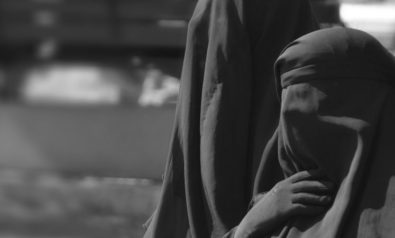
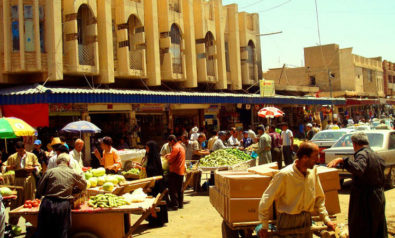
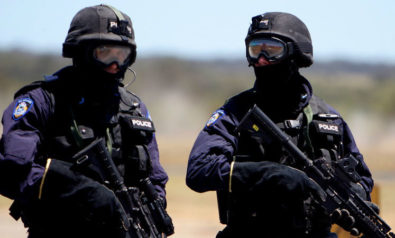

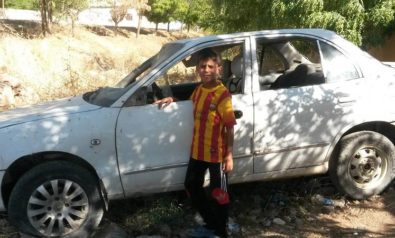
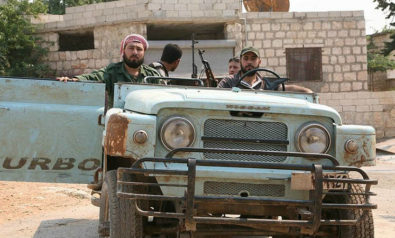
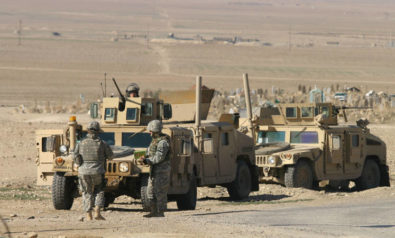
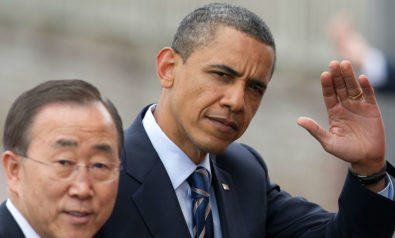

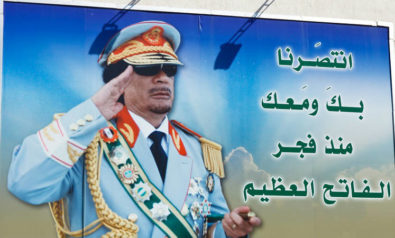


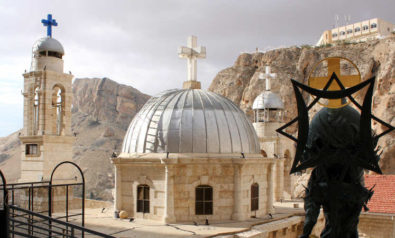


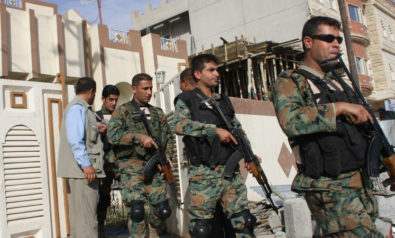
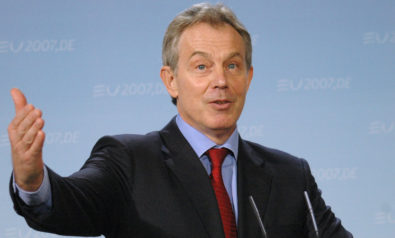
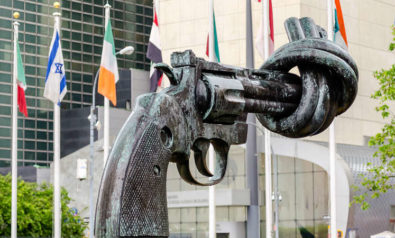

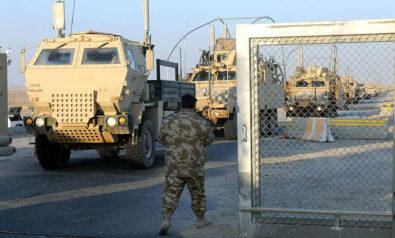





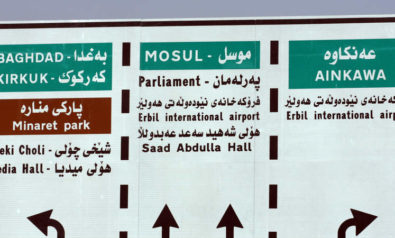
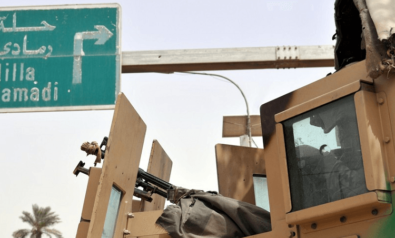

Comment